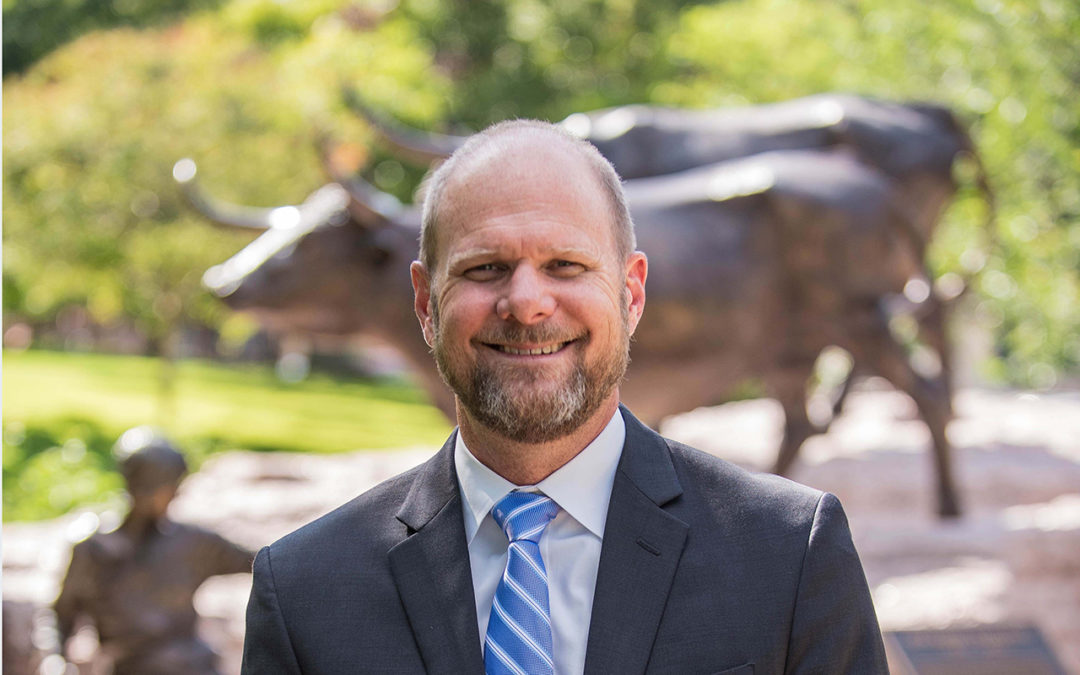Whether you are a Democrat or Republican, far right, far left, or somewhere in between on the political spectrum, voting in the primary elections is the most important civic responsibility we have as Texans. In our state, the most important elections occur in the primaries, so it is critical that educators (and all citizens) fulfill their civic duty and cast a well-informed vote.
Why are the primaries so important? In a word: gerrymandering, or the practice of manipulating the boundaries of electoral constituencies to favor one party. I live in Austin nowadays, and it is safe to say that a Democrat usually wins in the general election, so the real battle for the seat occurs in the Democratic primary. When I lived in San Antonio, my area of town was a Republican district; whoever won the Republican primary was almost guaranteed to win the general.
In the last mid-term primary elections in 2018, only 8.9% of the 17.1 million registered voters in Texas participated in the Republican primary, and only 6.4% of registered voters participated in the Democratic primary. That is downright embarrassing turnout.
It also means that in statewide races, which have all gone to the Republicans since 1994, only about 4.5% of the general population (50.1% of Republican primary voters) determined who won state office or a local election with only Republican candidates. In the Democrats’ case, only 3.3% of the general population (50.1% of Democratic primary voters) help choose the winners. Every vote makes a difference.
As educators, we are required to provide voter registration documents to students in their senior years. I remember my high school government teacher bringing in a voting booth so that we could practice voting on a sample ballot. That was helpful. He encouraged us all to vote, but he never told us how to vote. He was a great teacher. He didn’t forget that the primary purpose of public education as spelled out in the Texas Constitution is to create citizens because “a diffusion of knowledge (is) essential to the preservation of the liberties and rights of the people.”
How hollow would it have been for him to tell us to vote if he didn’t do it himself? In his case, he didn’t just vote; he also ended up running for office. He practiced what he preached. Do we?
As educational leaders, we can and should encourage our employees and communities to get registered and to vote. That is not only legal to do, but it is really our duty as we serve as role models for children.
When I was a superintendent, we actively encouraged our staff to register to vote. We had a contest to see which campus had the most people registered, and on election day, we had a contest to see which campus had the most people vote. The award? A trophy that was given to the winning campus. This was done on the honor system, of course. Staff put their “I voted” stickers on a bulletin when they returned. We didn’t ask for names, and we never, ever told people who to vote for. We never shamed, called people out, or made it political. That would be highly inappropriate and most likely illegal.
There are approximately 800,000 active school employees in Texas, and a 1.7 million participating in the Teacher Retirement System. If every one of them voted, that would make up about 42% of the entire number of Democrats and Republicans combined who participated in the 2018 primary. We have the potential to decide most every election if we all vote. And wouldn’t the world be a better place if educators had a strong voice?
The greatest freedom we have is the ability to participate in our democracy; please vote and encourage others to do so as well.
Texas early voting runs February 14-25, and primary election day is March 1.
-TASA Executive Director Kevin Brown, Ed.D.
READ MORE POSTS


